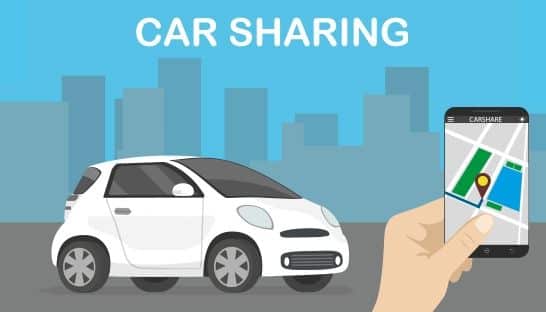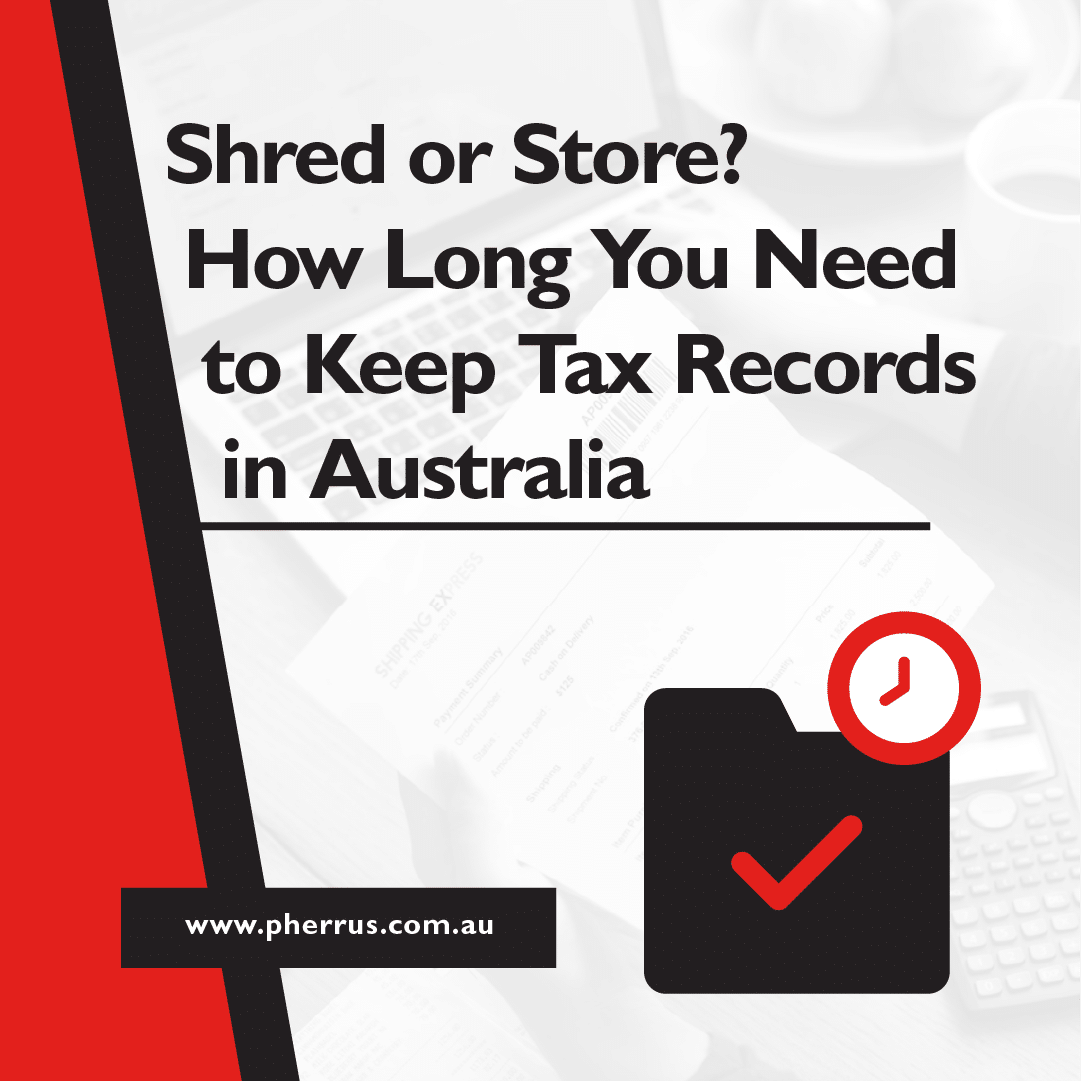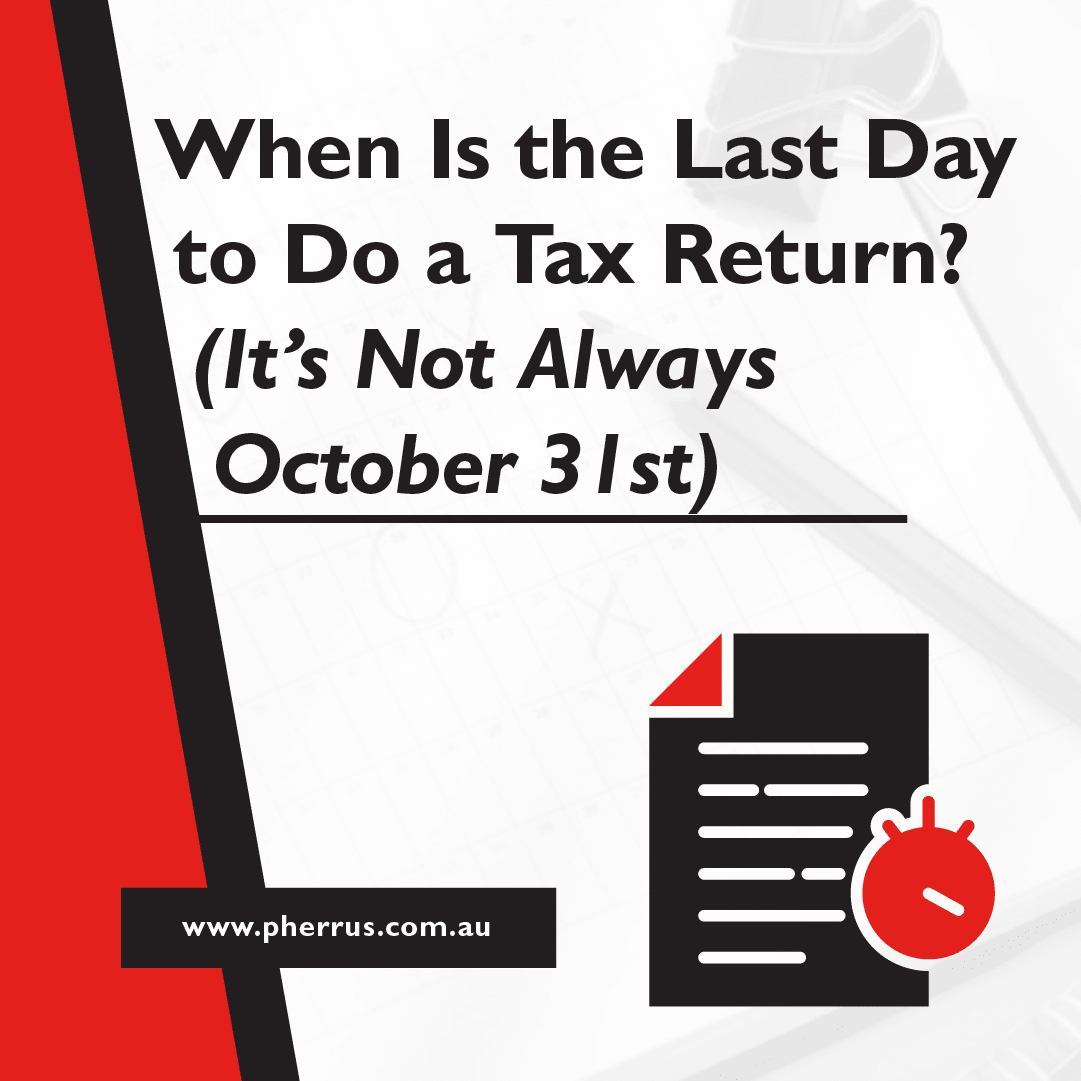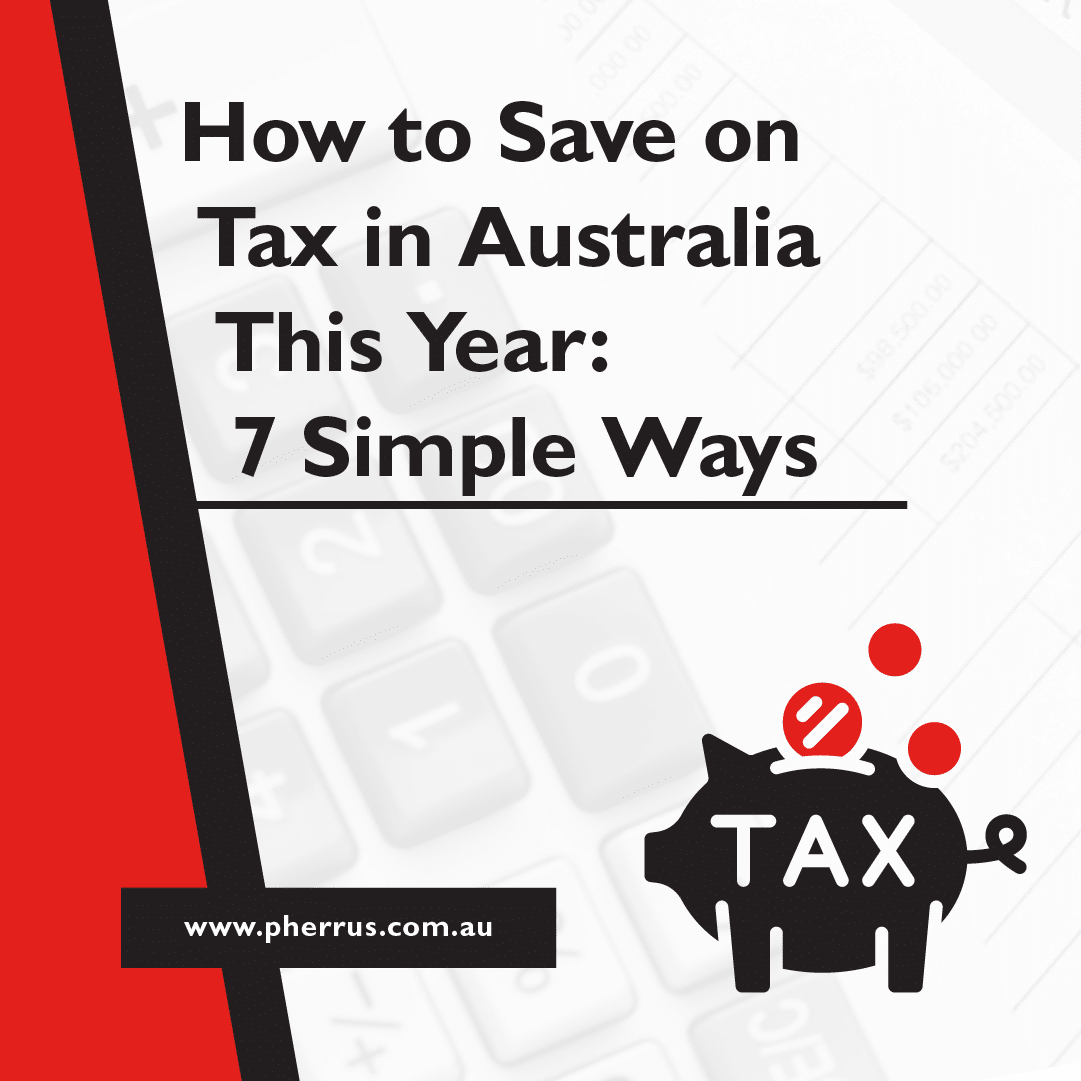As an approach to passive income that’s gathered popularity in recent years, car sharing applications are used throughout Australia. Recently, the ATO has begun cracking down on those who are generating significant income through their use. If you’re partial to profiting from car sharing, you may want to learn more about your tax obligations.
How does car sharing work?
Using organisations such as CarNextDoor and DriveMyCar, those who own a vehicle but don’t use it can make income on the side. Both sites allow users to rent out their cars while they’re not in use. While it’s a sound idea for those who need a trickle of additional income, the ATO is mindful of the fact that others might be making more than just a little extra cash on the side.
Who does the ATO want to penalise?
The ATO states that renting out your car to someone else is a taxable income you should declare, regardless of how much money you’re making. In essence, it’s an asset in the same way that your property is. As such, it’s fair to assume that the ATO will want to monitor the car sharing activities of everyone who uses the services.
At the same time, the ATO acknowledges that you can claim expenses against renting out your car. For example, maintenance, adding extra petrol, and the costs that come with advertising it. While you can only claim expenses that relate to the private rental, separating the two can be complex. It requires close attention to detail in terms of documentation, which some taxpayers overlook.
For those who believe that car sharing is a harmless form of making a passive income, the ATO isn’t likely to show any leniency. What’s more, they’re now taking steps towards ensuring hiding such income becomes more difficult.
How will the ATO monitor the tax activities of those who use car sharing sites?
While the ATO hasn’t stated specifically what its tax monitoring systems are, it has hinted that it will use “sophisticated” software to track the activities of those who use car sharing sites. As such, it’ll be difficult for them to deny making money, and for them to make expense claims that fall outside of their rental period.
According to one industry expert, the ATO’s approach is far from punitive. Kate Trumbull, communications manager for CarNextDoor, has highlighted how those who use the sites can claim car insurance as a tax deductible. In contrast, those who don’t cannot. If the amount they make while renting out the car each month doesn’t exceed their insurance payments, this could mean they turn a profit.
As another niche industry that the ATO is monitoring, car sharing shouldn’t see a decline in profits just yet. If you regularly rent your car out to others and want to know more about your tax obligations and benefits, contact the Pherrus team




